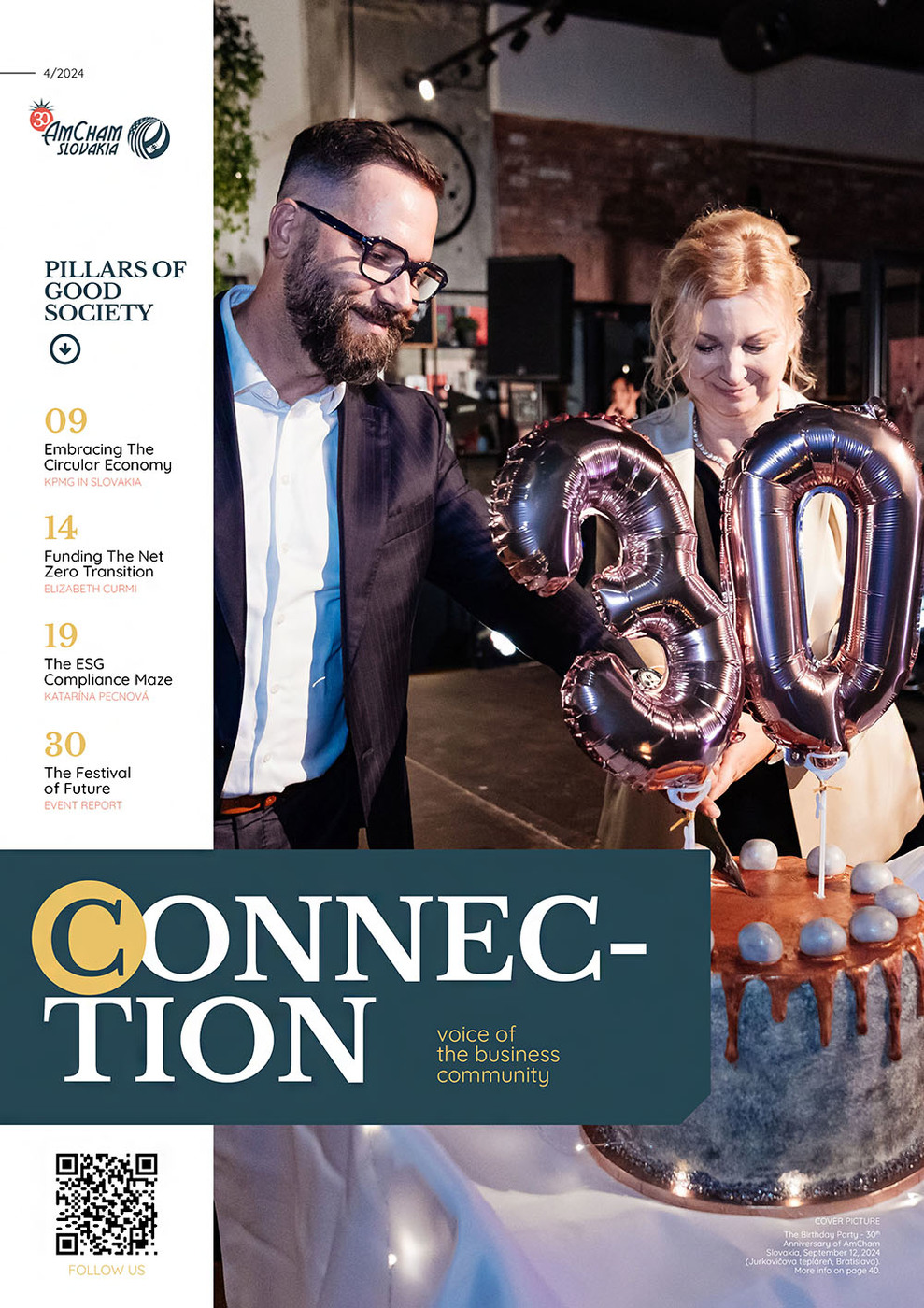Sustainability is one of the most important topics today. What is ING’s stance on the matter?
With approximately 38 million clients across more than 35 countries, our business activities significantly impact communities and the environment. So, we recognize we have a responsibility to society. This responsibility drives us to make thoughtful decisions about how, where, and with whom we conduct business, while maintaining transparency about the principles guiding our daily operations. Our integrated approach to climate action covers three priorities:
- The aim to reach net zero in our own operations.
- Steer our portfolios and engage with clients for positive climate impact.
- Manage climate and environmental risks.
Why is the role of banks important in achieving the green transition?
ING’s Terra approach, co-created with the 2˚ Investing Initiative in 2018, uses the Paris Agreement Capital Transition Assessment (PACTA) methodology to set climate targets. This method assesses the technology shifts needed in various sectors to slow global warming and compares them to the technologies clients currently use or plan to use. Since the first Terra report in 2021, ING has expanded this approach to more sectors, using benchmarks from independent organizations like the International Energy Agency.
Client data, sourced from global databases, is compared to these benchmarks to measure alignment with science-based transition pathways, such as the shift from internal combustion engine vehicles to zero-emission vehicles in the automotive sector. This analysis helps us determine necessary changes and timelines, guiding our financing efforts to support the transition to net-zero by 2050. While we recognize our role in financing and facilitating the transition to net zero, achieving this goal by 2050 requires a massive joint effort. We urge governments to guide this transition through regulation, policy, and incentives. Key areas for government focus include accelerating power grid decarbonization, investing in sustainable alternatives like rail travel and public transport, incentivizing changes in consumer behavior, and phasing out harmful subsidies to carbon-intensive sectors. In the real estate sector, governments should promote greener power grids, harmonize Energy Performance Certificates, and incentivize energy-efficient home renovations. We also advocate for closer collaboration between regulators and the financial industry to align and harmonize climate reporting requirements, emphasizing the importance of high-quality climate risk and alignment data.
How does ING contribute to a more sustainable future?
ING supports many sustainable initiatives, including green loans, bonds, energy projects, and innovative financing solutions. Our sustainability-linked products offer corporate clients lower interest rates for better sustainability performance. While proud of our progress, we aim to accelerate our efforts, balancing urgent action with an inclusive transition. As a major bank, we must fund current economic needs. As society and our clients transition to a low-carbon economy, so does ING. This transition is gradual, and we still finance many non-sustainable activities due to global economic realities. Exiting certain clients or sectors might make our loan book appear greener but wouldn’t drive real change. Our approach is data and science driven. We believe in making a significant impact by engaging with clients, discussing their climate goals, and financing their needs to achieve them.
How does ING help clients improve their sustainability levels?
Forward-thinking business leaders understand that true sustainable progress happens outside comfort zones. They embrace sustainability requirements and regulations to collaborate, innovate, and create future-proof business models. Sustainable business is better business. We aim to support clients in transitioning to sustainable business models through our financing, advisory products, and services. As a bank, we play a role by financing change, sharing knowledge, and using our influence. Sustainability is reflected in all our choices as a lender, investor, and service provider. Our global expertise allows us to guide clients in embedding sustainability into their business models. We also urge governments to work towards an effective price on carbon emissions and to stimulate enterprises and institutions to publicly disclose their carbon emissions and forward-looking transition strategy. This enables banks to consider climate impact in their financing and investment decisions. We decline financing for certain companies and sectors, while conditionally approving others, specifying the sustainability improvements required based on our ESR framework. We support sustainable projects through green loans, bonds, and innovative financing solutions like our Sustainability Improvement Loan, introduced in 2017. This loan ties the interest rate to a company’s ESG performance, offering more favorable terms for better ESG outcomes.
Society is transitioning to a low-carbon economy. So are our clients, and so is ING. We finance a lot of sustainable activities, but we still finance more that are not. See how we’re progressing on ing.com/climate.
Martin Urban, Country Manager, ING Bank in Slovakia



Follow us